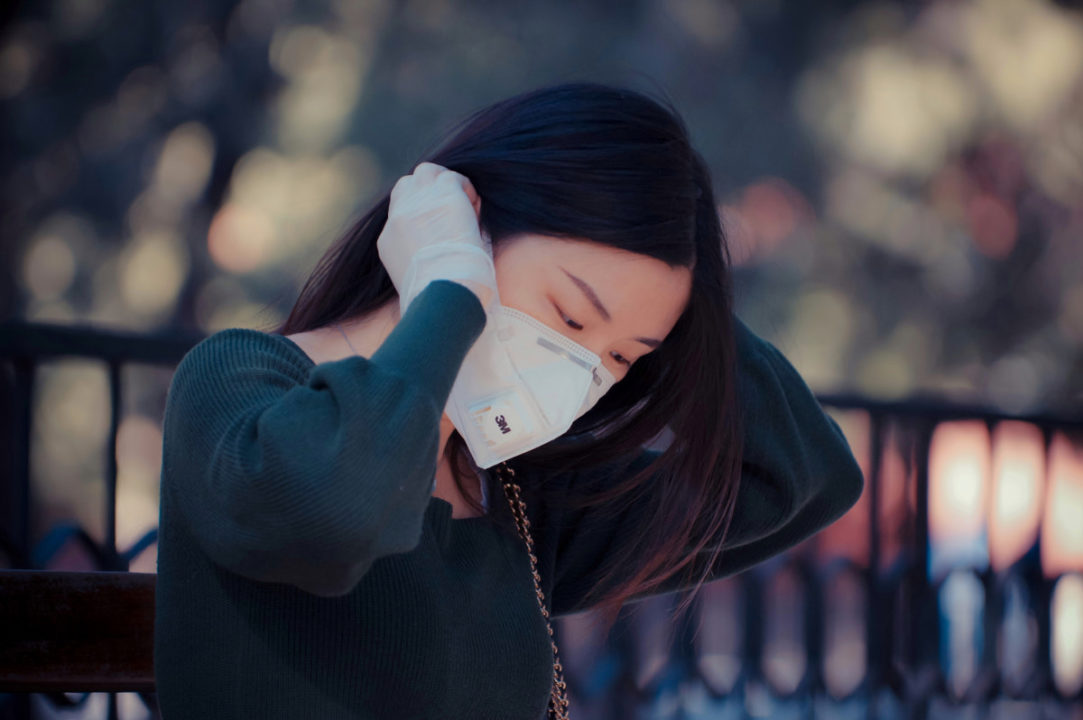The Covid-19 situation is dynamic and changing constantly everywhere in the world, not to mention in Hong Kong where the government’s goal is to completely eradicate the virus. Accordingly, the rules and regulations put in place to contain Covid-19 cases are also changing regularly. It can be hard to stay on top of what you can and cannot currently do. Here, we’ve compiled all of our guides related to the pandemic, as well as some other resources that might be useful as the whole city navigates how to live life with Covid-19.
Daily Covid-19 update
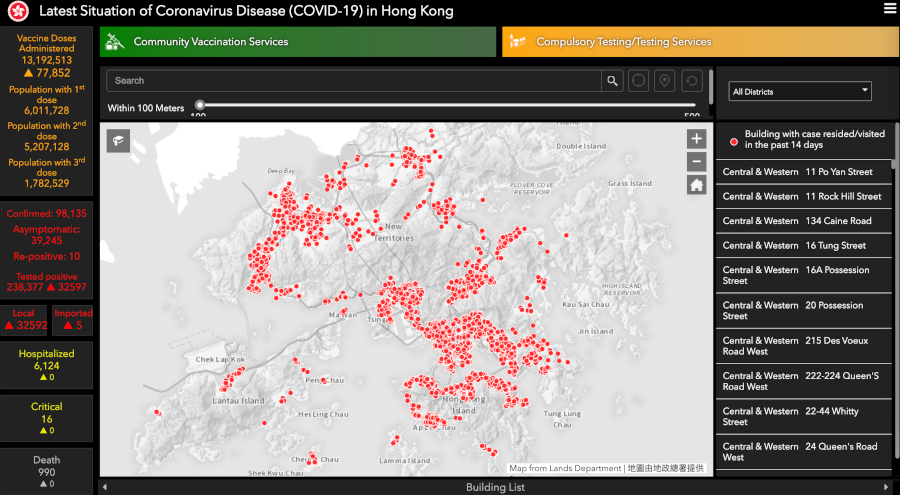
Worldometers has daily graphs for any country’s all-time total of Covid-19 cases, total number of active cases, and daily new cases and deaths. The graphs can be hovered over to show the relevant figure for any given day. It can be finnicky to find the right day because you can’t toggle the period of time shown on the graph, but it’s useful to see how the numbers have changed over time.
This government dashboard shows the geographical concentration of positive cases/buildings visited by positive cases around Hong Kong, as well as the latest figures on vaccination rate, active cases, daily deaths, hospitalizations, and a myriad of other pandemic-related information including the locations of Community Testing Centres. This tool is useful for seeing which areas positive Covid-19 cases have been identified.
To find our latest news on the pandemic in Hong Kong, click the button below.
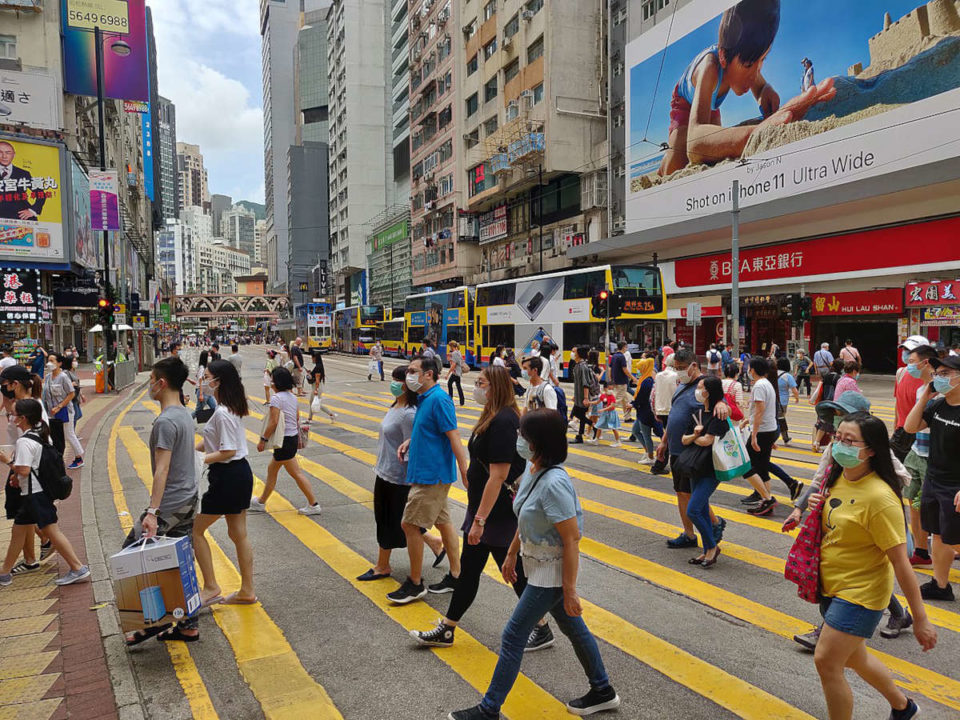
The current social distancing rules in Hong Kong are more strict now than they’ve ever been. Mask-wearing is mandatory at all public places, even when outdoors and exercising. Gathering in public in groups larger than two is forbidden. Gathering at home is limited to members from two households. A long list of venues, including hair salons, movie theatres, gyms, libraries, playgrounds, and spas are closed until April 20 at least. Further, all government buildings, restaurants, supermarkets, hotels, and more places now require proof of vaccination for entry. This latest measure is called the vaccine pass.
What is the Hong Kong vaccine pass?
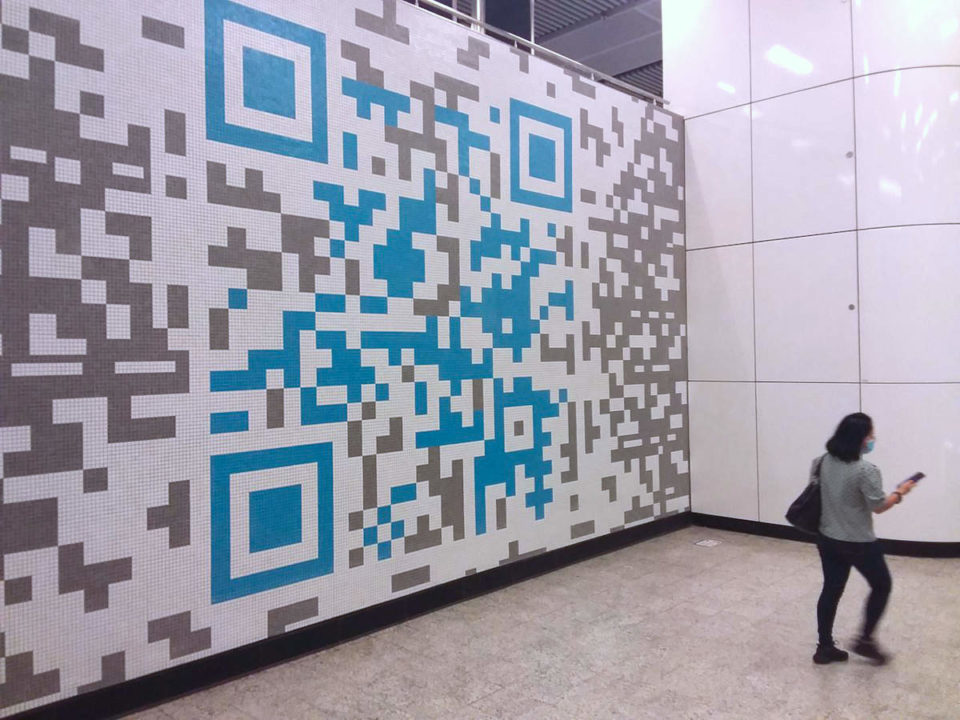
The vaccine pass is a vaccination proof that must be shown before entering any government building and 24 other listed places including malls, department stores, restaurants, and religious establishments. Visitors must scan the LeaveHomeSafe QR code at entrances; a blue QR code shows if they have a vaccination record or medical exemption, and a red QR code shows if they have neither. People who cannot present this proof may not enter unless they are under 12 years old or medically exempted from vaccination. At the moment, only one vaccine dose is required. By April 30 and June 30 respectively, the second and third vaccine doses will also be required to enter the venues.
What happens if I test positive for Covid-19 or am a close contact?
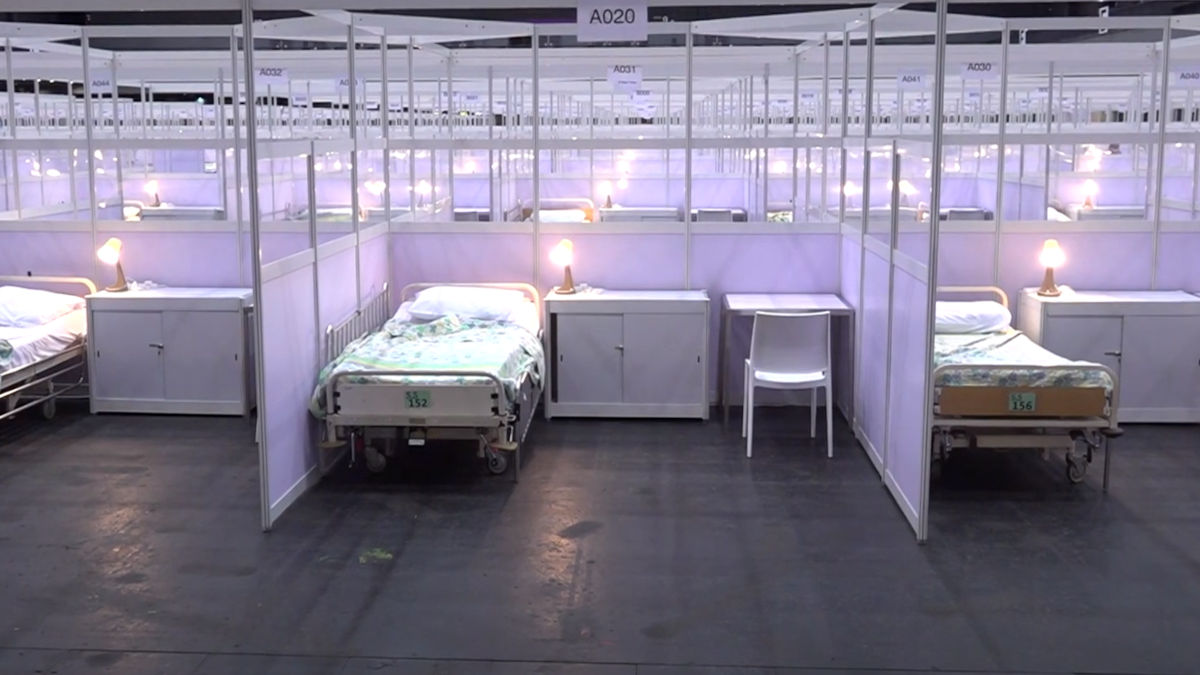
If you test positive for Covid-19 and want to receive treatment, you can register the diagnosis on the LeaveHomeSafe app. If you don’t have serious symptoms or are asymptomatic, you’ll likely be told to isolate at home for 14 days. If you are exhibiting serious symptoms, you’ll be transported to a hospital or other isolation facility for treatment and quarantine. Discharge is contingent on testing negative after seven days.
Close contacts of local cases must self-isolate at home for 14 days. Close contacts of imported cases must quarantine at a government quarantine centre for 21 days.
Where can I get at-home Covid-19 testing kits?
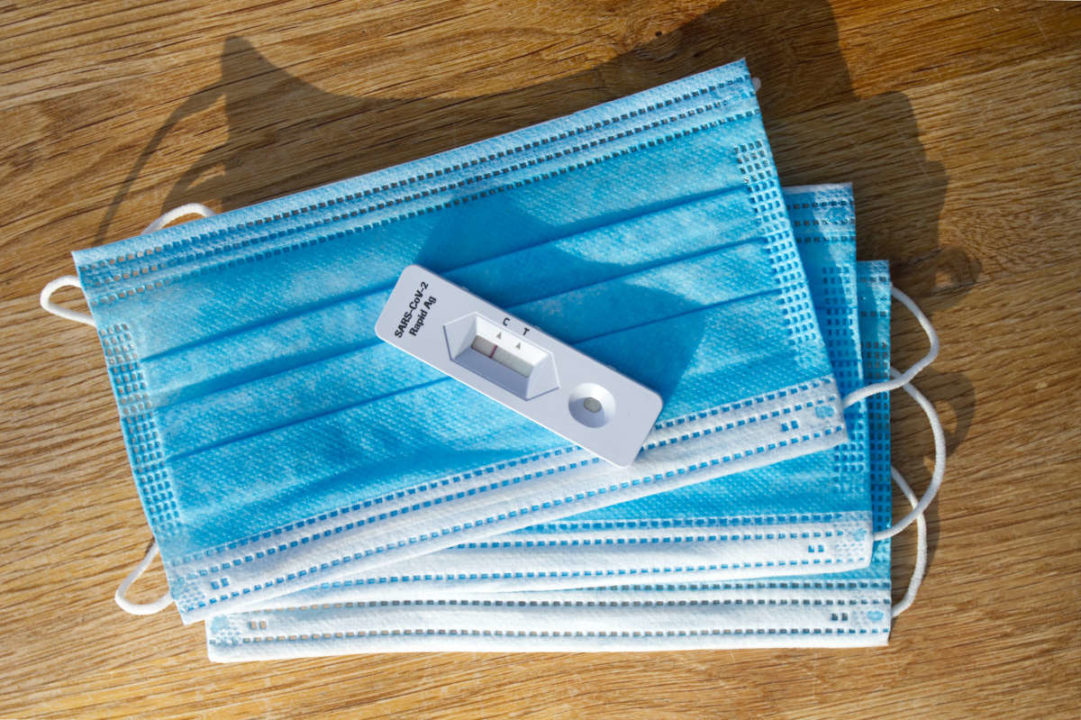
Rapid Antigen Testing (RAT) kits and PCR testing kits can be purchased online from multiple test manufacturers, HKTVMall, online or in-person at big pharmacies like Watsons and Manning’s, ParknShop, and from various local pharmacies. RATs are considered less accurate than PCR tests. The government recently announced that compulsory testing orders (which occur when there are more than one positive case identified in a building) can be fulfilled with a Rapid Antigen Test, which is another good reason to keep a couple of at-home tests around.
Where to get RT-PCR testing?
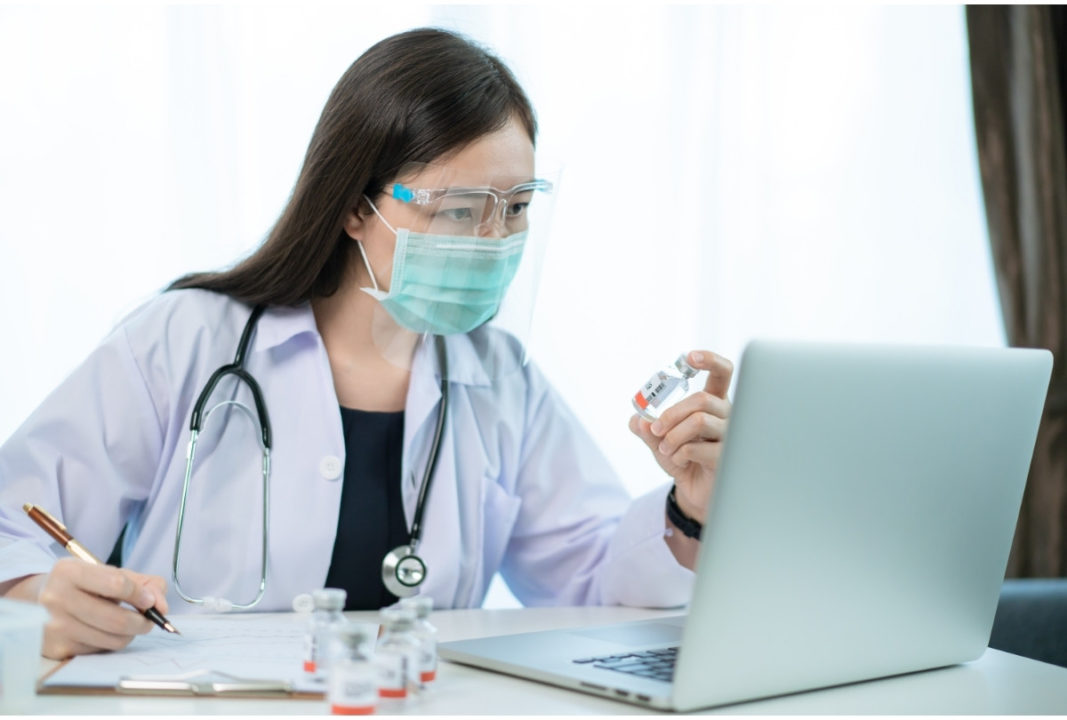
RT-PCR testing, conducted by spitting into a bottle or swabbing nose and/or throat, is one of the most accurate Covid-19 diagnosis tests. Reasons you might get tested include if you get a compulsory test order, suspect you’ve come into close contact with an infected person, or need a negative Covid-19 certificate to travel. In general, compulsory testing is free while testing for private uses is not. You can get a PCR test done at Community Testing Centres, government-approved labs, mobile specimen collection stations, at the airport, or get a free spit collection bottle at MTR stations and post offices to submit to a clinic for testing.
Travellers’ guide to entering Hong Kong
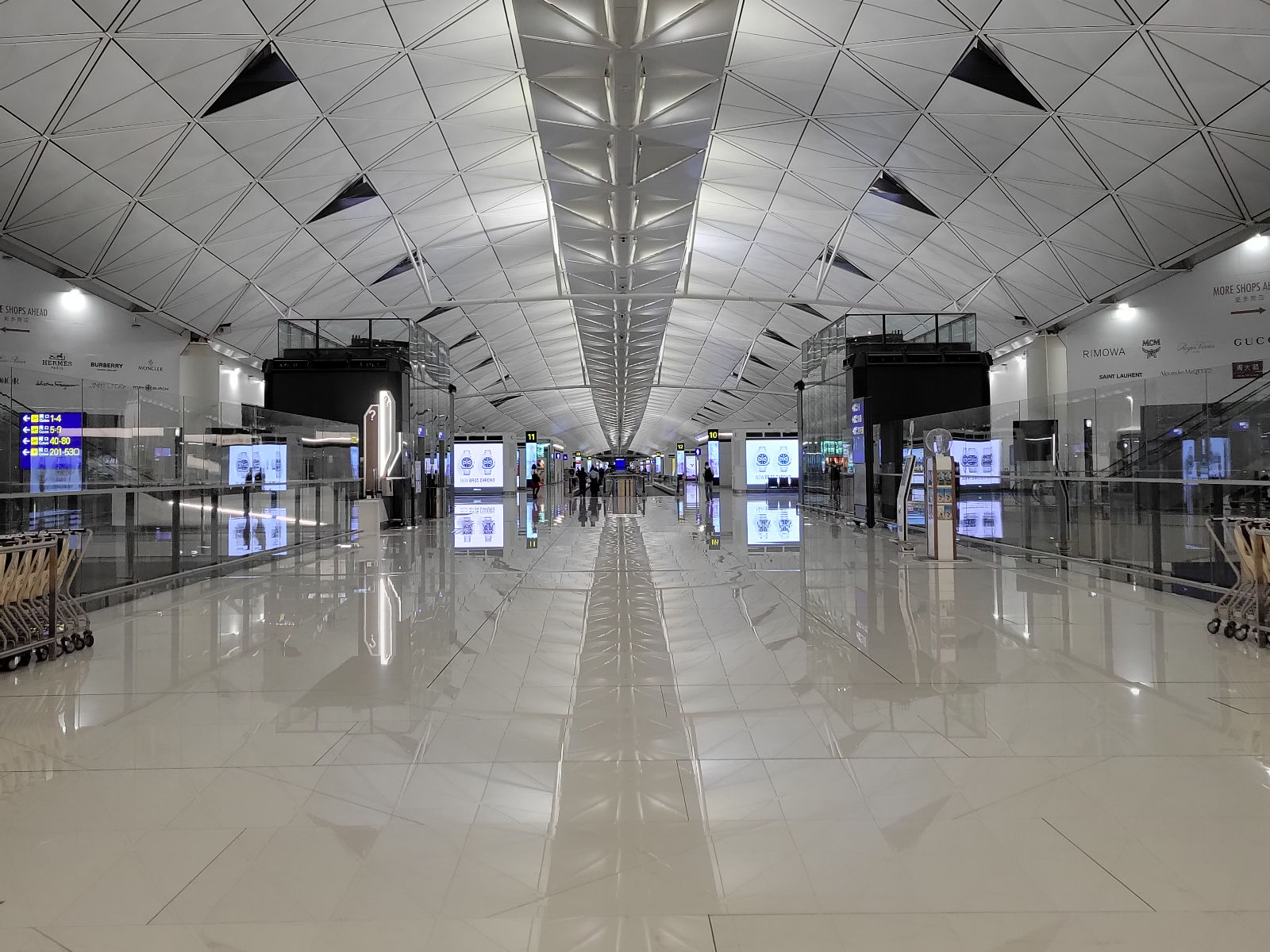
Flights from Australia, Canada, France, India, Nepal, Pakistan, the Philippines, the UK, and the US are banned until at least April 20 – even Hong Kong residents cannot enter from these countries. From all other places (except for mainland China and Macau), only vaccinated residents can enter the city. These travellers must have a vaccination certificate, a negative Covid-19 test certificate from the last 48 hours, a ISO15189 certificate from the lab that conducted the test, and proof of a designated quarantine hotel reservation. Then, travellers are required to quarantine for 14 days at their quarantine hotel while getting regular Covid-19 tests. For a full guide, read our ‘Latest Covid-19 Entry & Quarantine Rules’ article.
Vaccinated or not, residents and non-residents can enter Hong Kong from mainland China and Macau. Arrivals from these two places also need to quarantine for 14 days, but at home/non-designated quarantine hotels/other accommodations.
Guide to designated quarantine hotels
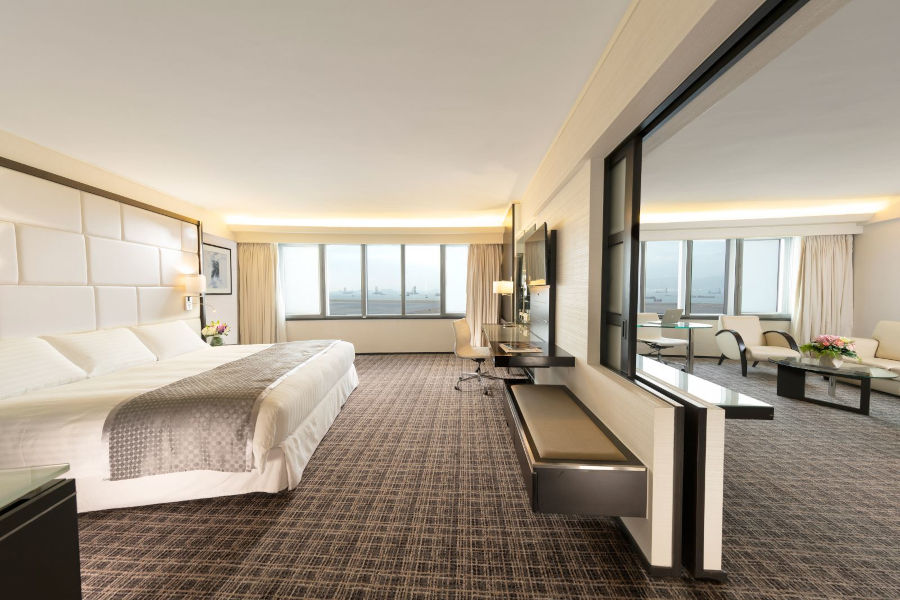
Since December 2020, travellers to Hong Kong have been required to quarantine at designated quarantine hotels, almost all of which offer three meals a day. At its strictest point, hotel quarantine was 21 days long. This list of approved hotels is renewed a couple of months at time. The current 7th list, called the ‘7th cycle’ of quarantine hotels, can be booked for quarantine until July 31, 2022. To learn more about what each hotel is like and compare prices easily, read our updated designated quarantine hotel guide.
A practical guide to quarantine survival
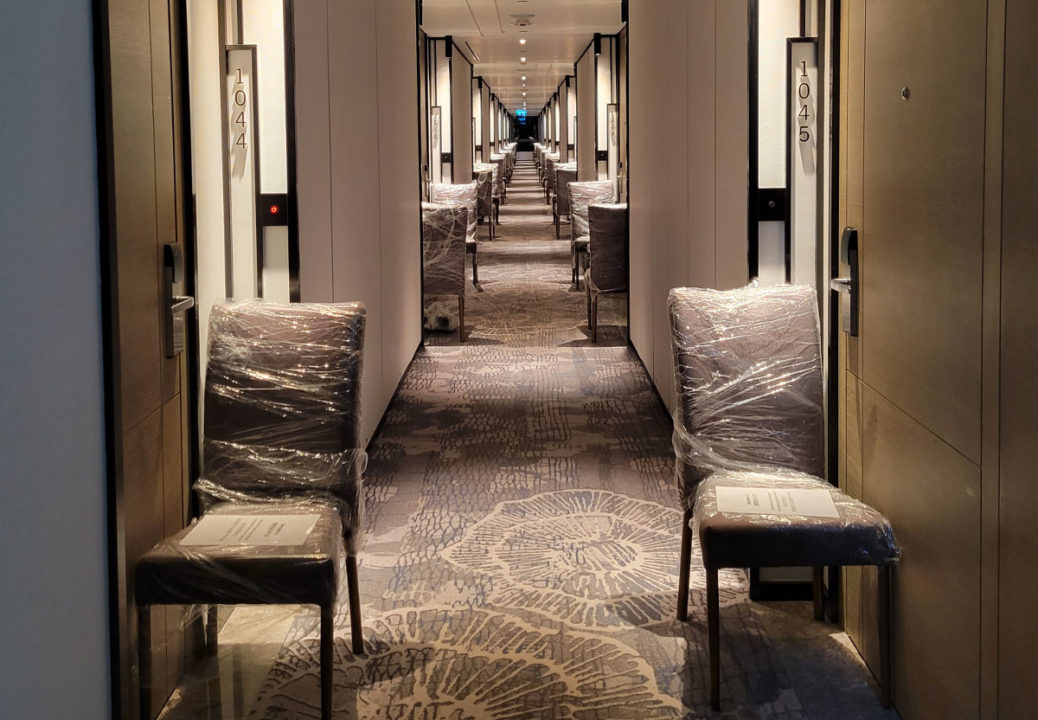
Traveller Peter Solomon has spent a cumulative three months quarantining in the past two years. He leveraged his experience to produce a practical guide to surviving quarantine (with tips on how to do it with a child) that is both practicable and a delight to read. The article includes advice on creating a schedule that incorporates personal time and joint activities with your quarantine partner, essential things to bring (e.g. easily transportable exercise equipment, food items, devices to optimize work), and suggestions for productive and fun activities.
Header image credits: Kay Lau via Unsplash


